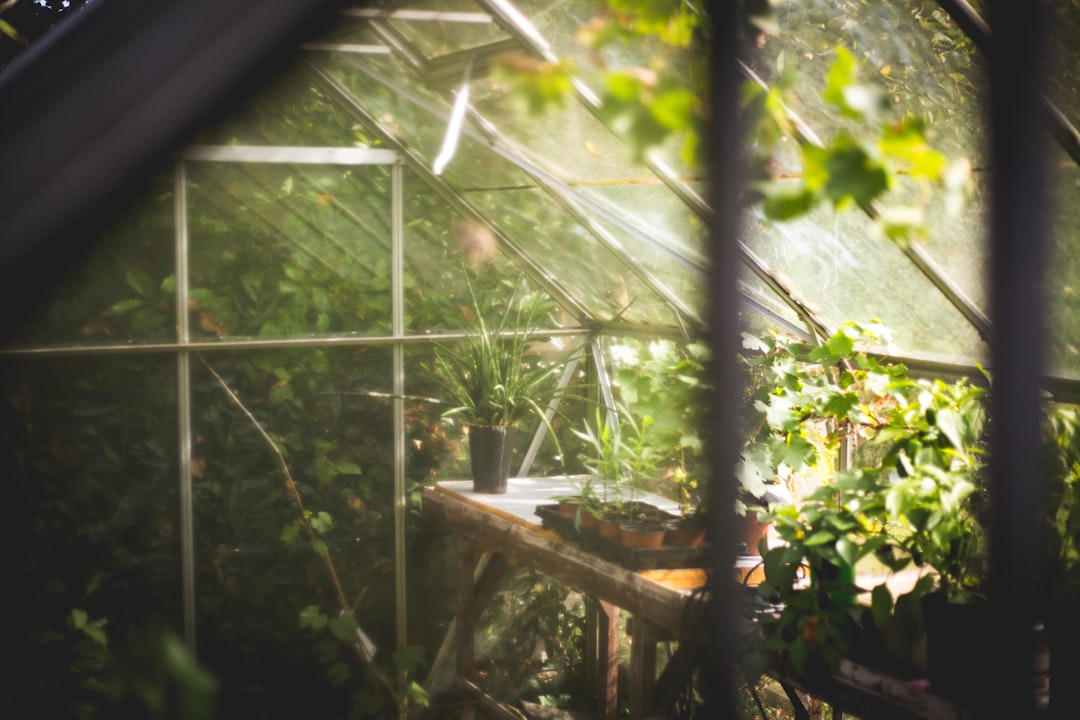In today’s fast-paced and stressful world, mental health issues are on the rise. With an increasing number of people struggling with anxiety, depression, and other mental health conditions, it has become more important than ever to find effective ways to cope and heal. One often-overlooked method of improving mental health is gardening. The act of tending to a garden, whether it be a small plot of land or a few potted plants on a balcony, can have a profound impact on one’s well-being. In this post, we will explore the healing powers of gardening for mental health and how this simple activity can provide a sense of peace, purpose, and connection to nature.
Gardening has been practiced for centuries as a way to cultivate food, beauty, and a sense of connection to the earth. But beyond the physical benefits of growing fresh produce and flowers, gardening has also been shown to have numerous mental health benefits. One of the key ways in which gardening can improve mental well-being is by providing a sense of accomplishment and purpose. The act of planting, nurturing, and watching a garden grow can give individuals a sense of control and agency over their environment, which can be especially empowering for those struggling with feelings of helplessness or hopelessness.
In addition to providing a sense of purpose, gardening can also be a great stress reliever. The act of working with the soil, planting seeds, and tending to plants can be meditative and calming, allowing individuals to focus on the present moment and let go of worries and anxieties. Studies have shown that spending time in nature and engaging in activities like gardening can reduce levels of cortisol, the stress hormone, and increase feelings of relaxation and well-being.
Furthermore, gardening can also be a form of physical exercise, which has been proven to have numerous mental health benefits. Regular physical activity can help improve mood, reduce symptoms of anxiety and depression, and increase feelings of happiness and well-being. Whether it be digging, weeding, watering, or simply walking around the garden, gardening can provide a gentle and enjoyable form of exercise that can have a positive impact on mental health.
Another important aspect of gardening for mental health is the connection it fosters with nature. In today’s modern world, many people are increasingly disconnected from the natural world, spending the majority of their time indoors or on screens. Gardening allows individuals to reconnect with the earth, observe the changing seasons, and marvel at the beauty of the natural world. This connection to nature has been shown to have a calming and grounding effect on the mind, reducing feelings of isolation and increasing feelings of peace and contentment.
Moreover, gardening can also provide a sense of community and social connection, which are important factors in maintaining good mental health. Whether it be joining a community garden, sharing tips and advice with fellow gardeners, or simply chatting with neighbors about your latest vegetable harvest, gardening can help individuals feel a sense of belonging and camaraderie. Studies have shown that social connections can have a significant impact on mental health, reducing feelings of loneliness and depression and increasing feelings of happiness and well-being.
In conclusion, gardening has the power to heal and nurture the mind in ways that are often overlooked. From providing a sense of purpose and accomplishment, to reducing stress and anxiety, to fostering a connection to nature and community, gardening offers a holistic approach to improving mental health. So whether you have a green thumb or are a complete novice, consider giving gardening a try and see for yourself the transformative power it can have on your mental well-being. Remember, a garden is not just a place to grow plants, but a sanctuary for the soul.

